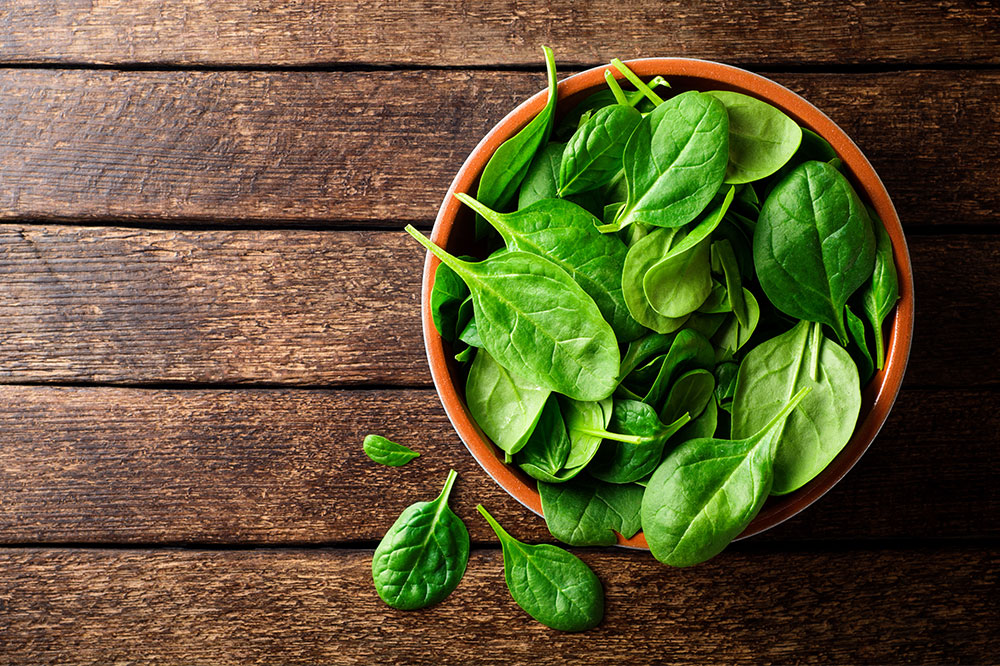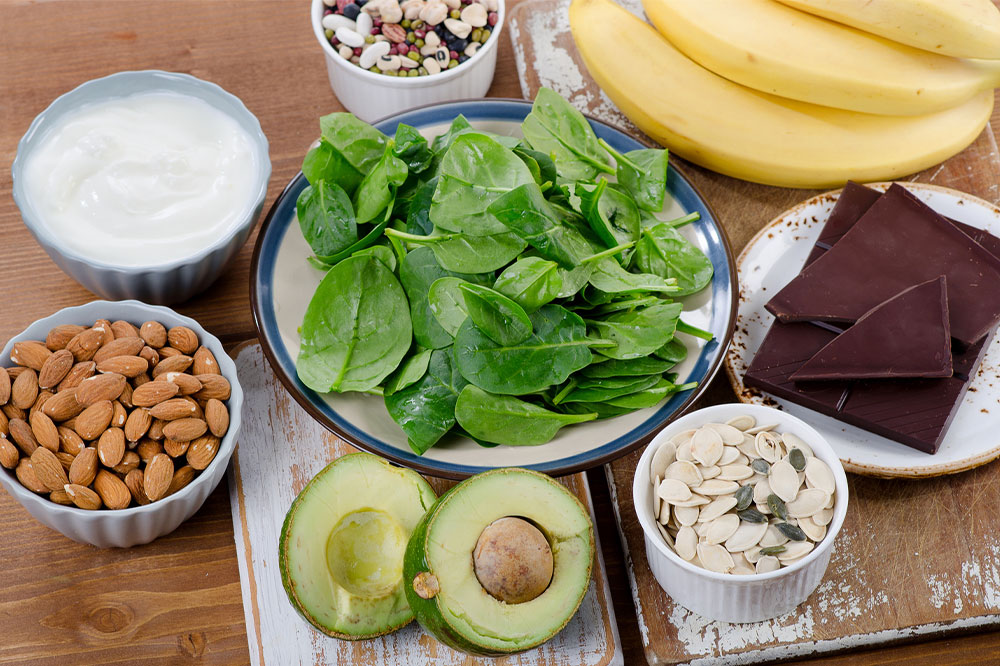Top 6 Dietary Choices to Alleviate Migraine Symptoms
Discover six dietary options that may help reduce migraine severity. Including water-rich vegetables, magnesium-rich foods, and herbal teas can support headache prevention. Consult healthcare professionals for personalized advice.

Many individuals susceptible to migraines recognize that specific foods can act as triggers. While avoiding these is crucial, incorporating certain beneficial foods may aid in reducing migraine frequency and severity. Alongside lifestyle modifications, a focus on healthy eating habits can be a powerful strategy for migraine management. Here are six foods that may help diminish the intensity of migraine attacks and promote overall well-being.
Carrots
Dehydration is linked to migraine attacks, and carrots have a high water content, making them an excellent addition to your diet. Rich in beta-carotene and possessing anti-inflammatory effects, carrots support hydration and reduce inflammation.
Bananas
Loaded with magnesium, bananas are beneficial for migraine sufferers. They help block pain-causing chemicals like substance P and glutamate, offering relief and potentially preventing menstrual-related migraines.
Dark chocolate
Opt for dark chocolate with at least 70% cocoa as it is a rich magnesium source. It promotes relaxation and better sleep. However, some individuals may find chocolate a migraine trigger, so consumption should be personalized.
Leafy greens such as spinach and kale
These vegetables are high in magnesium and folate, which may decrease migraine occurrence. Incorporate spinach into scrambled eggs or toss kale into salads for added benefits.
Watermelon
Since dehydration can trigger migraines, including watermelon, which contains over 90% water, can be helpful. Consuming fresh slices keeps you well-hydrated and may reduce attack frequency.
Herbal teas
Teas like peppermint can alleviate sinus pressure, while ginger tea may reduce tension headaches. Proper hydration through herbal infusions can help prevent headaches.
Adding nutrient-rich foods to your diet may help manage migraine triggers. Nonetheless, in severe cases, dietary changes alone may not suffice, and healthcare professionals might recommend additional treatments or lifestyle adjustments.
Medications for Migraine Relief
Medications such as UBRELVY (ubrogepant) target CGRP proteins involved in migraine development by blocking pain signals. Nurtec ODT (rimegepant) prevents nerve receptors from transmitting pain, often used for episodic migraines. Over-the-counter options like Excedrin combine aspirin, acetaminophen, and caffeine to relieve pain by reducing inflammation and improving blood flow.










